Bhai Dooj : Celebrating The Bond of Brothers and Sisters
The festival of Bhai Dooj, also known as Bhaiyya Dooj or Bhau Beej, is celebrated with great fervor in India to signify the loving bond between brother and sister. As per Hindu traditions, it falls on the second day (dvitiya) of Shukla Paksha of Kartik month after Diwali. Bhai Dooj is also linked to an interesting tale mentioned in Hindu scriptures that highlights the importance of brother-sister relationship.
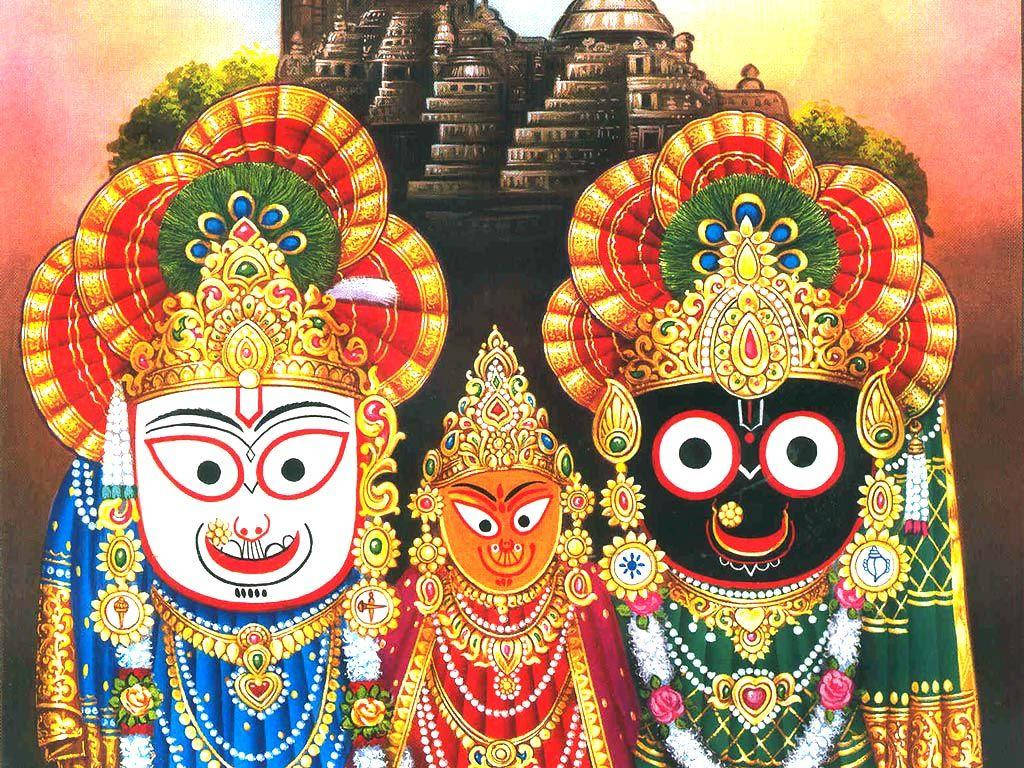
As per Skanda Purana, Lord Krishna’s sister Subhadra worshipped him on Kartik Dwitiya and applied tilak (vermilion) on his forehead to protect him from all evils. It is believed that this act of Subhadra worships pleased Lord Krishna and he blessed her by saying that sisters who worship their brothers on this day will have a happy and prosperous relationship with their siblings.
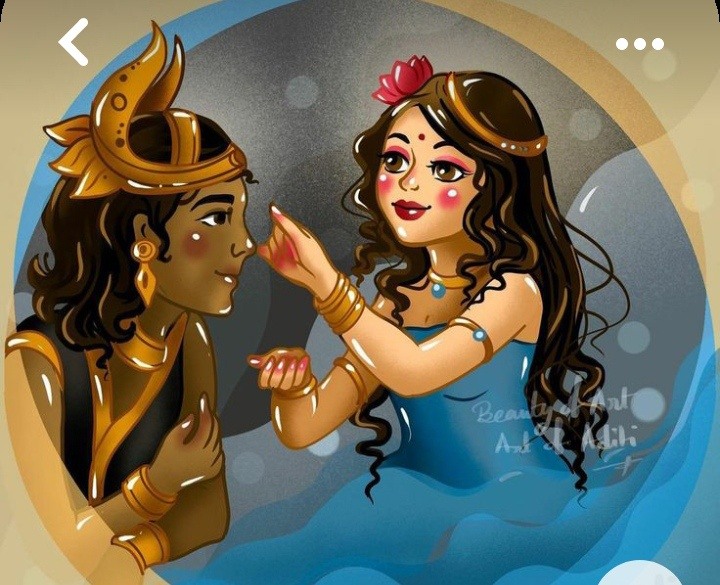 The scriptures also refer to another version that involves Lord Yamraj and his sister Yami. As per Shiv Purana, once Yamraj visited his sister Yami. Pleased with his visit, Yami prepared delicacies for her brother. She applied tilak to his forehead and washed his feet as a welcome gesture. Impressed by her affection and respect, Yamraj blessed Yami that this day would be celebrated as Yama Dwitiya ( another name of Bhai Dooj ) and sisters who worship their brothers on this day as Yami did, would be protected by their brothers from all Doshas. The brothers, in turn, would assist their sisters and their families in experiencing marital bliss and prosperity.
The scriptures also refer to another version that involves Lord Yamraj and his sister Yami. As per Shiv Purana, once Yamraj visited his sister Yami. Pleased with his visit, Yami prepared delicacies for her brother. She applied tilak to his forehead and washed his feet as a welcome gesture. Impressed by her affection and respect, Yamraj blessed Yami that this day would be celebrated as Yama Dwitiya ( another name of Bhai Dooj ) and sisters who worship their brothers on this day as Yami did, would be protected by their brothers from all Doshas. The brothers, in turn, would assist their sisters and their families in experiencing marital bliss and prosperity.
All the above scriptures concur that Goddess Yamuna played an instrumental role in establishing this festival of Bhai Dooj. It signifies the faith, trust and comforting bond between siblings. Sisters pray for their brothers’ good health, wealth and prosperity while brothers offer protection and assurance to take care of their sisters.
On this auspicious day, sisters prepare dishes like fried snacks, sweets, and desserts and wait for their brothers. Once brothers arrive, sisters apply tika on their forehead and give gifts like clothes and sweets. In return, brothers bless their sisters with gifts like mobile phones, watches, gold jewellery and cash. The showing of love continues in the form of hugs and meaningful conversations. Many families who live away from their siblings catch up and strengthen their relationships through video calls.
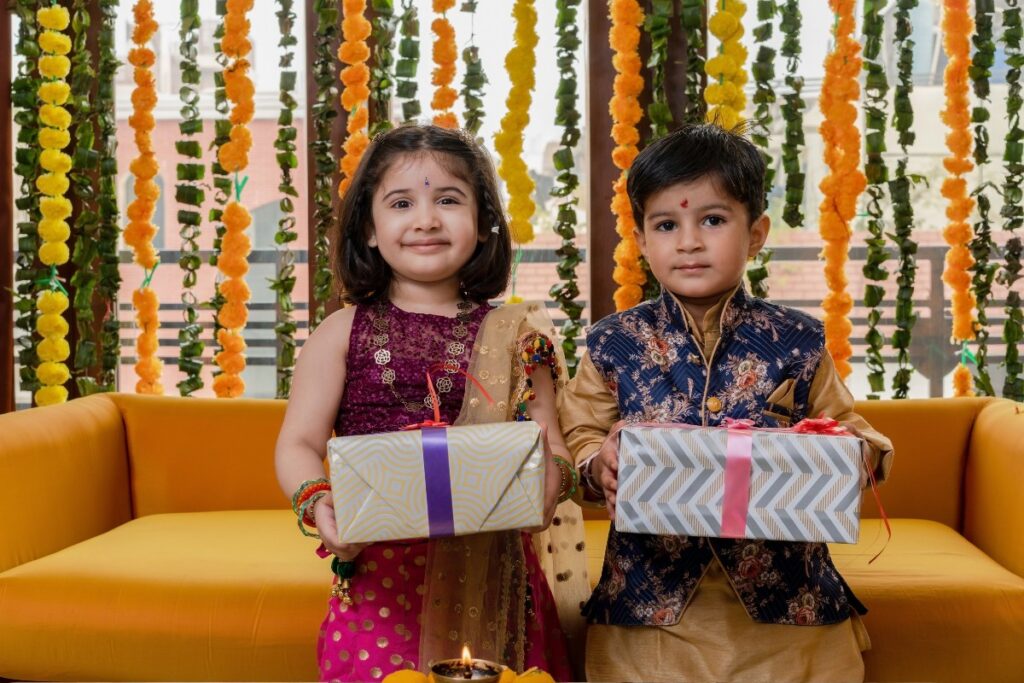
The ritual of applying tika by sisters symbolizes protection of brothers from evil forces. In Hindu beliefs, the behen-bhai bond remains sacred and eternal. It demonstrates deep mutual care, respect and commitment amongst siblings. For married sisters, Bhai Dooj also provides them a chance to meet their natal brothers and families. Overall, it fosters ideal familial ties of togetherness, bonding and well-being through simple practices of receiving blessings and offering good wishes.
An interesting message about Bhai Dooj can be found in the Upanishads. It says that the brother-sister bond resembles the conceptual relation between “Atma” and “Paramaatma”. Just as “Atma” gets guidance, protection and affection from “Paramaatma”, younger siblings seek similar compassion and support from elder siblings. This echoes the essence of the intimate yet celestial ties that bind brothers and sisters together through thick and thin.
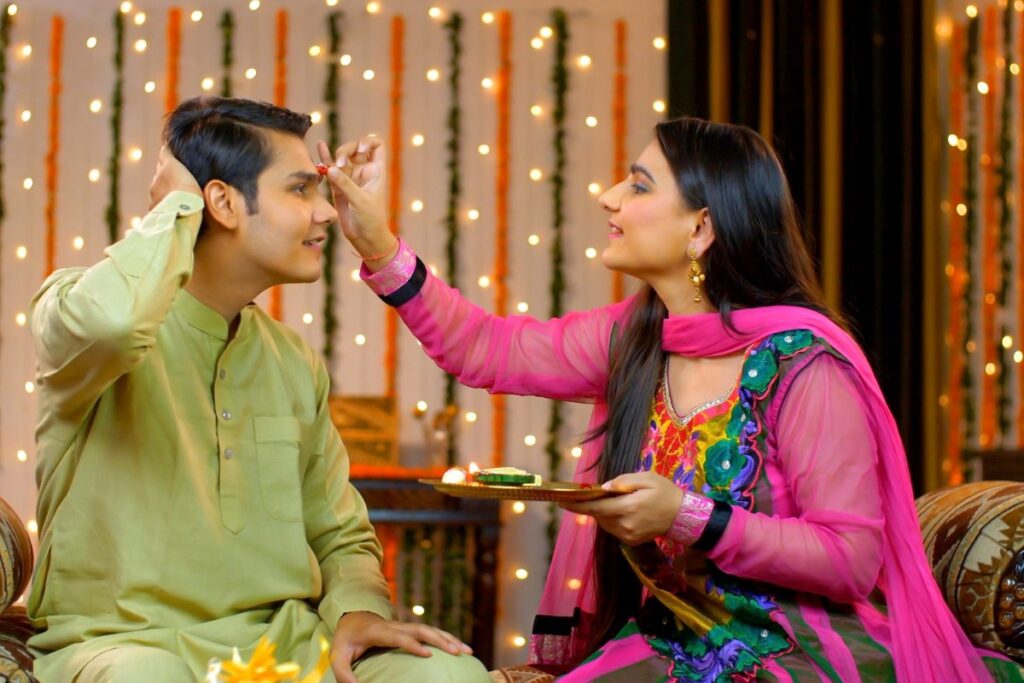
In essence, Bhai Dooj is a celebration of the unwavering allegiance and kinship between brother and sister. As long as this bond remains intact, the foundation of Indian families stays robust. The festival inspires people across generations to uphold its true spirit by showering love upon siblings unconditionally.

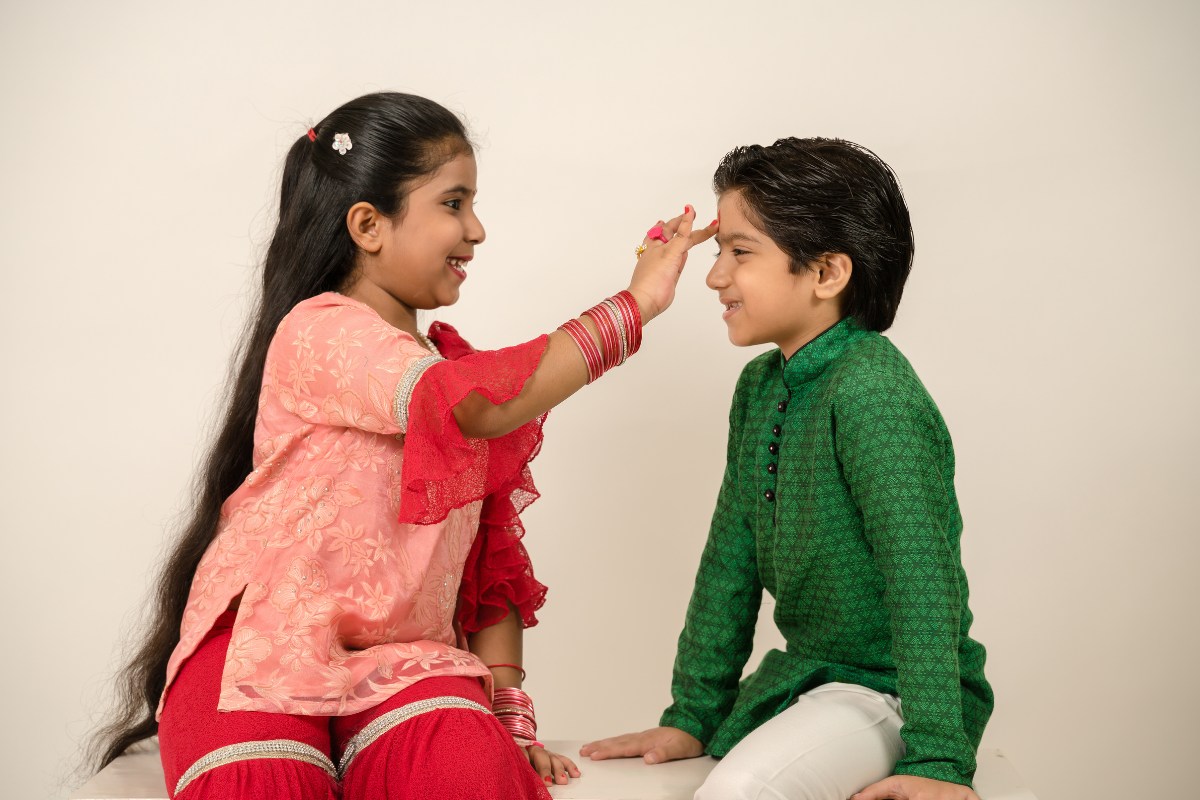
Comments are closed.